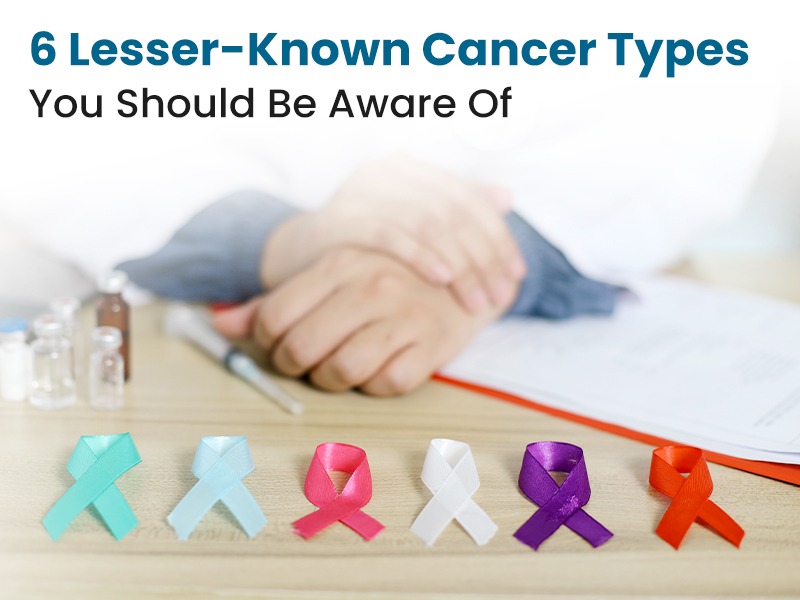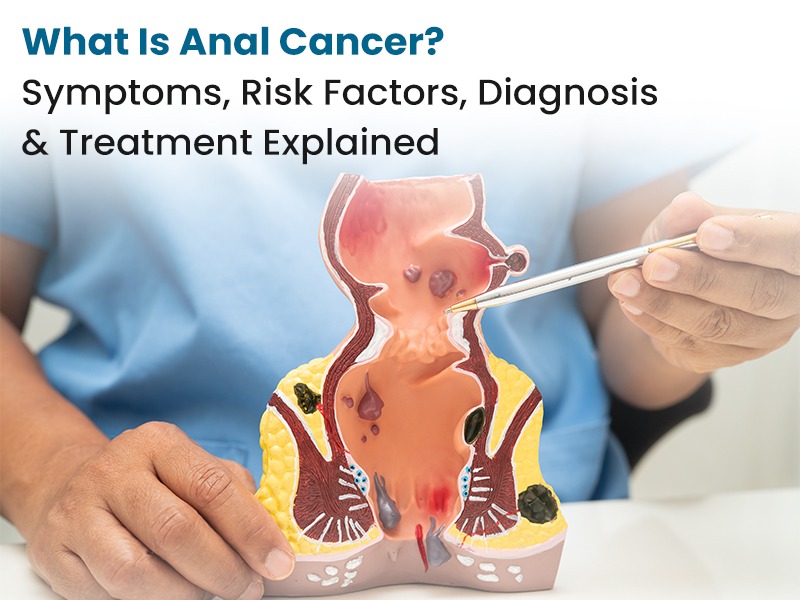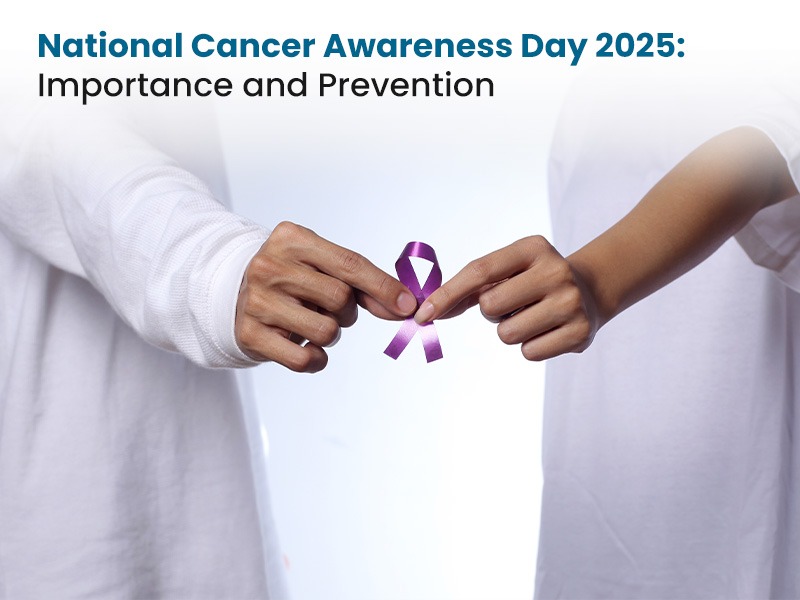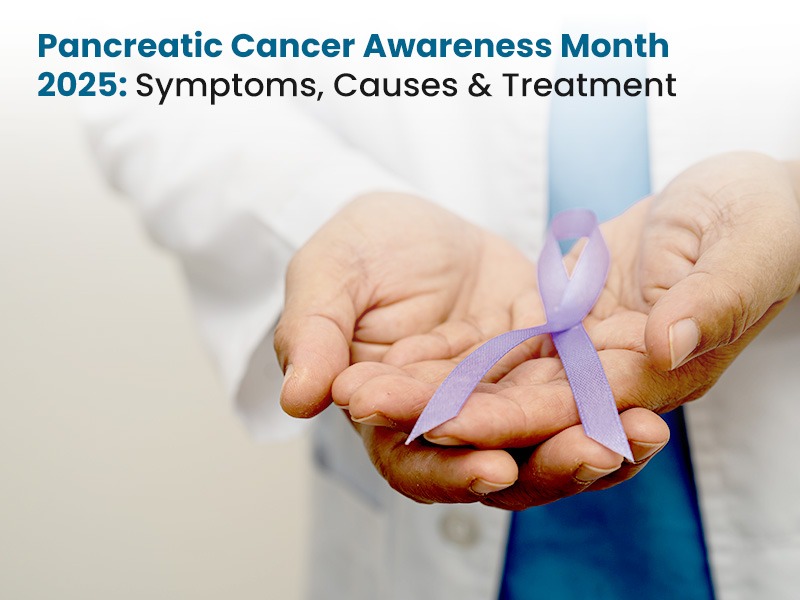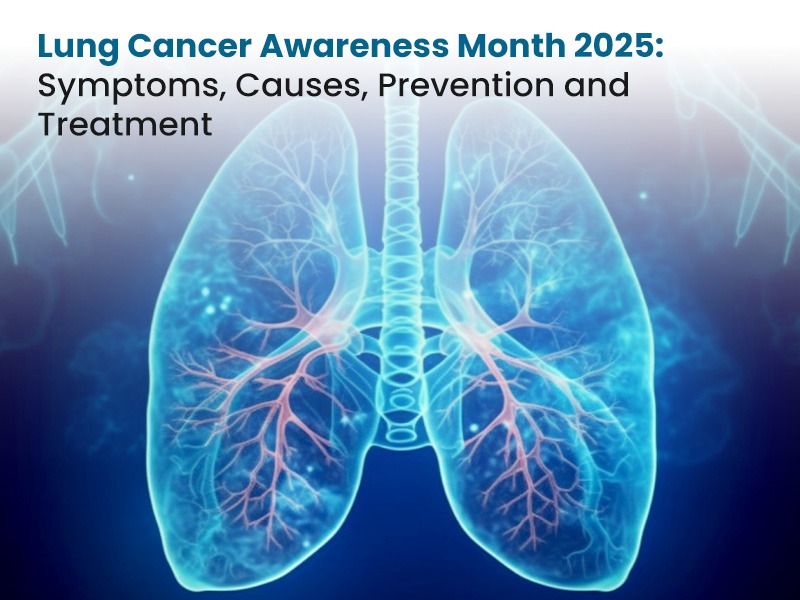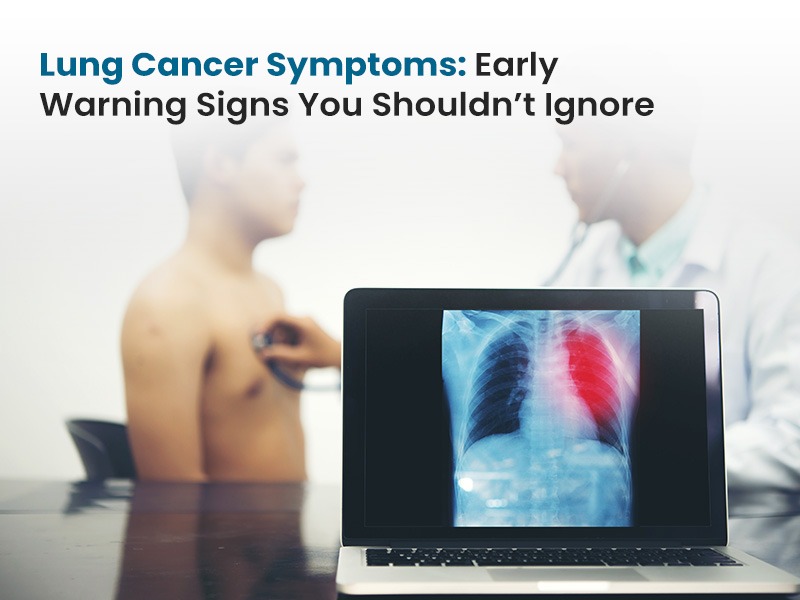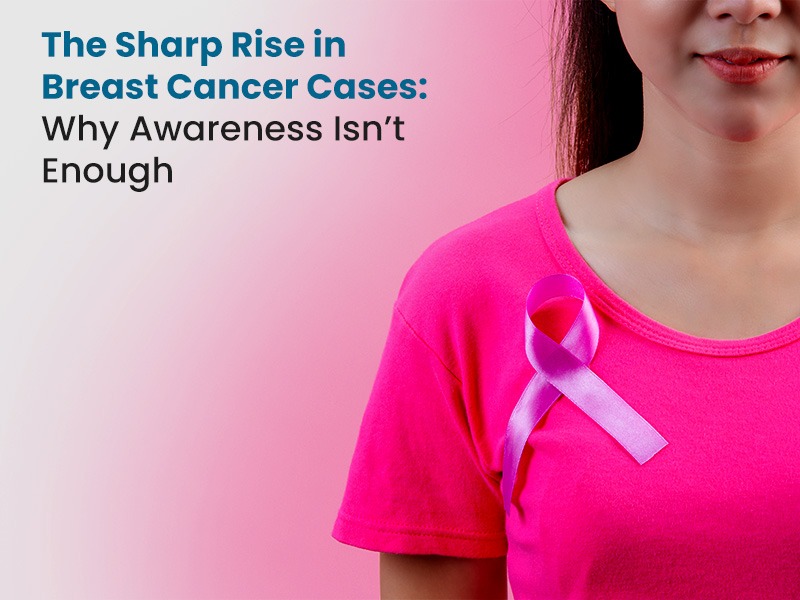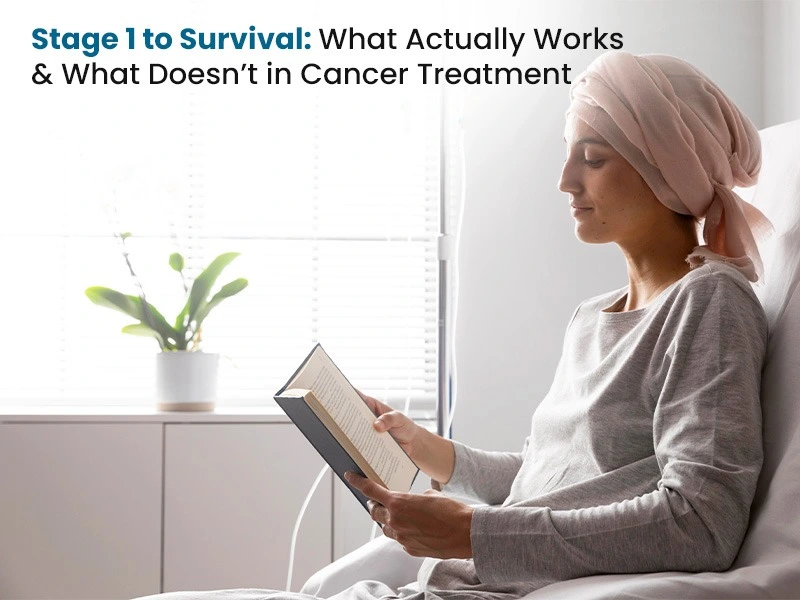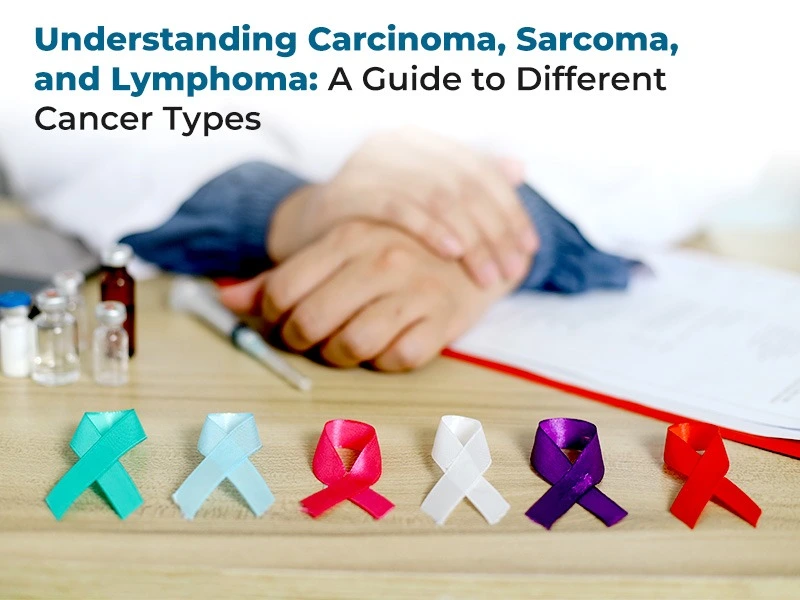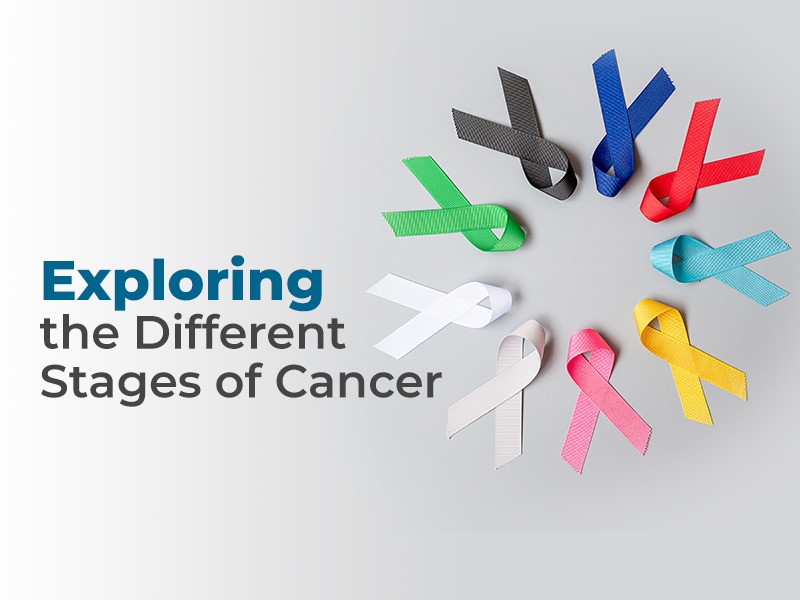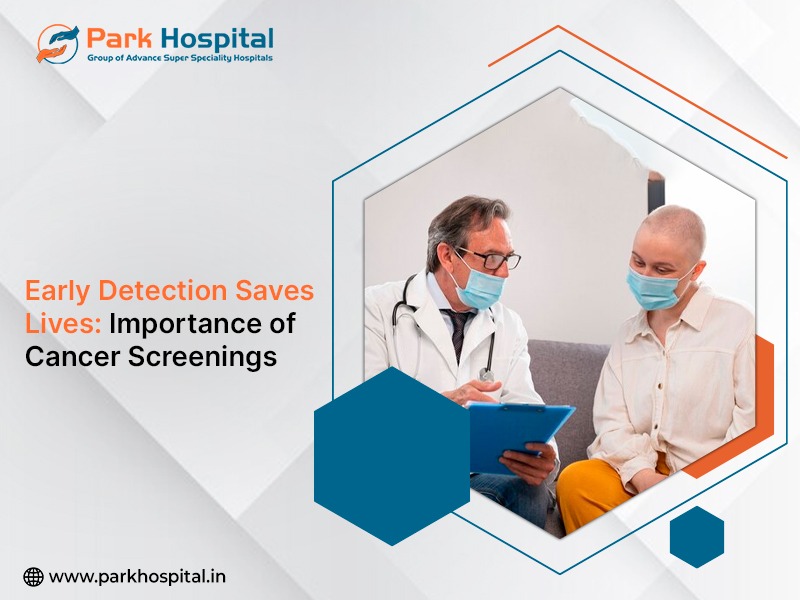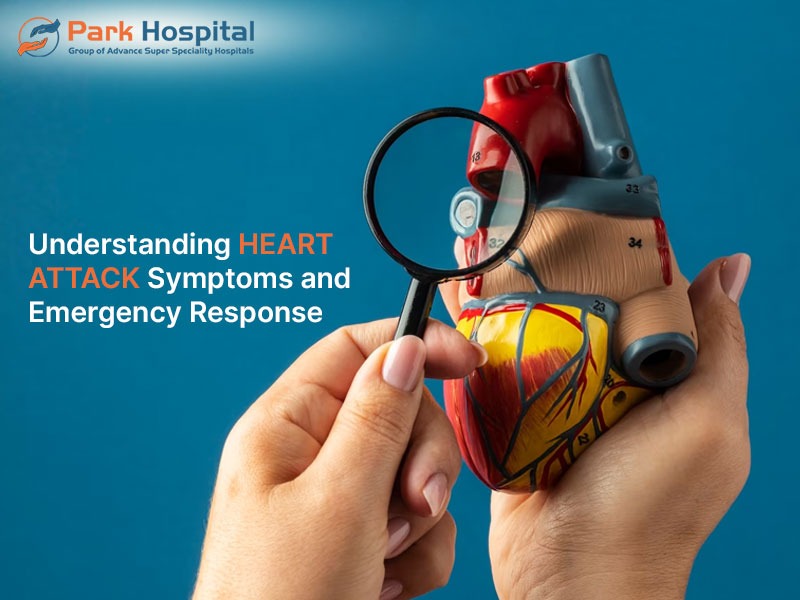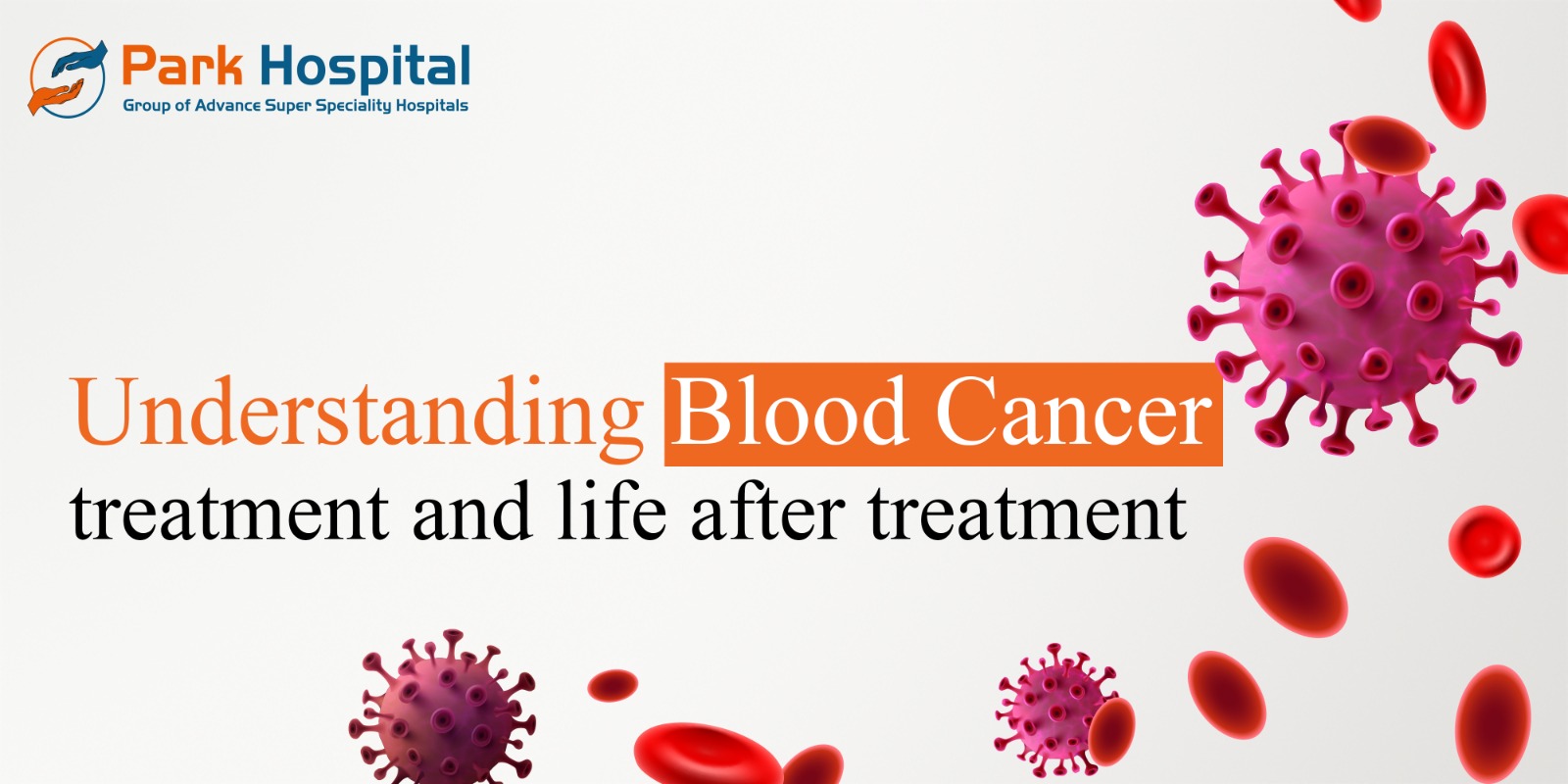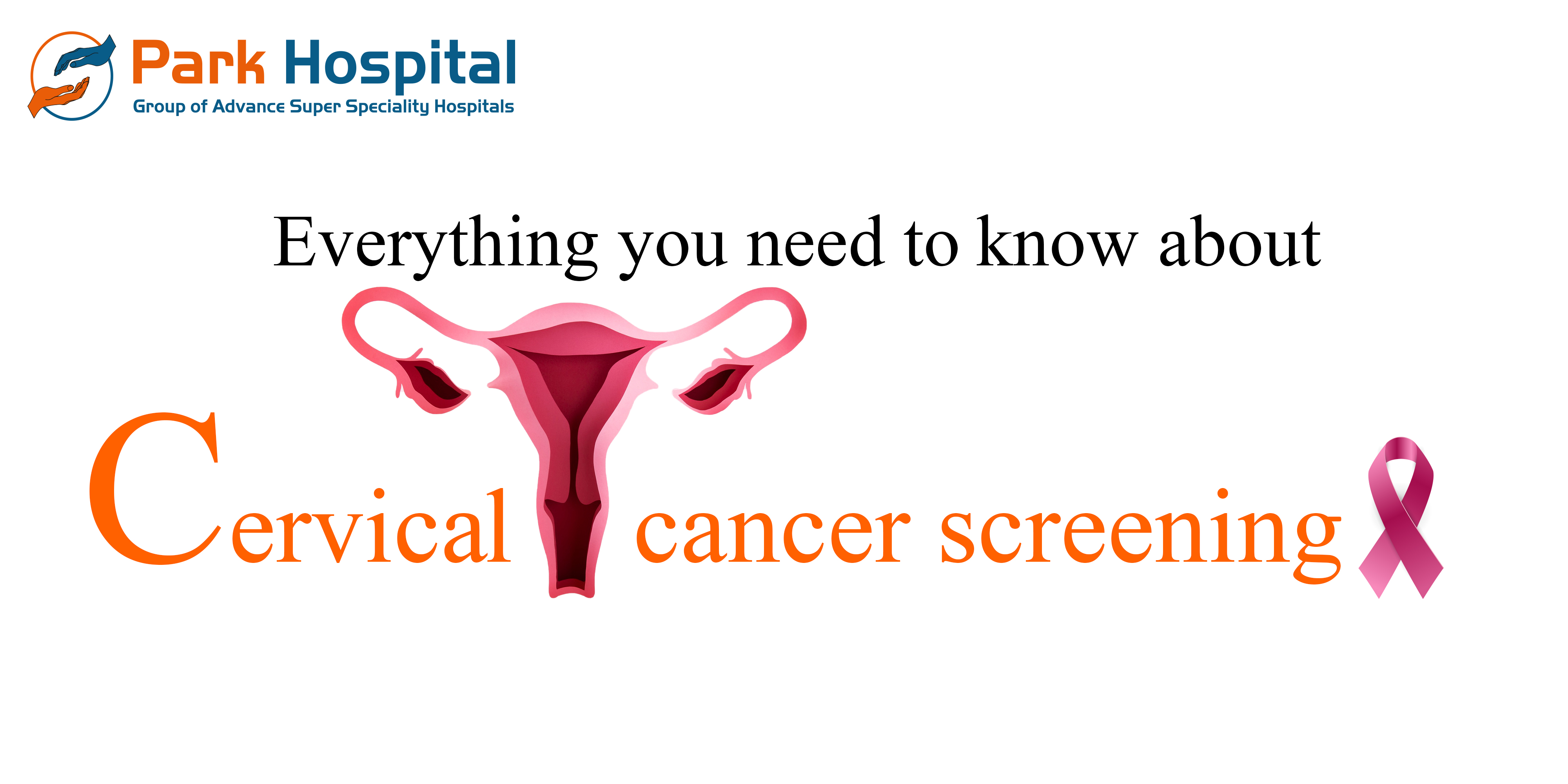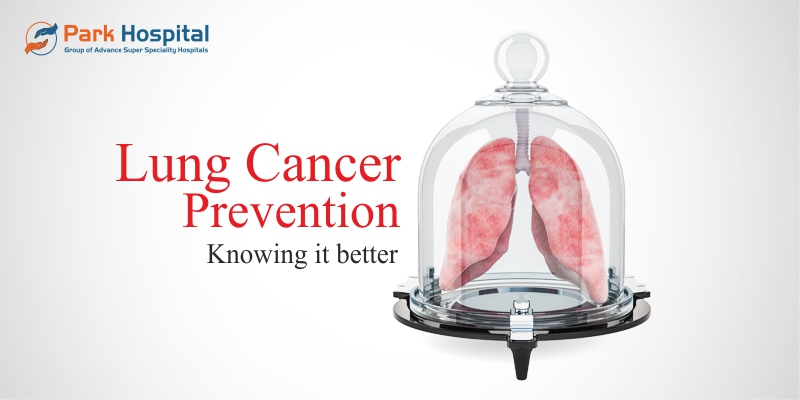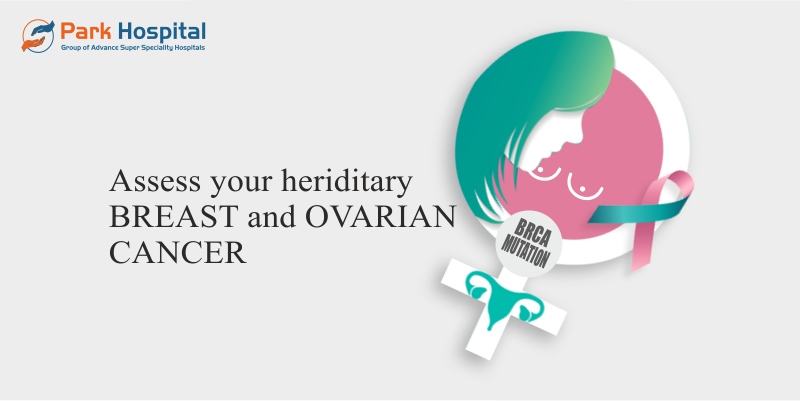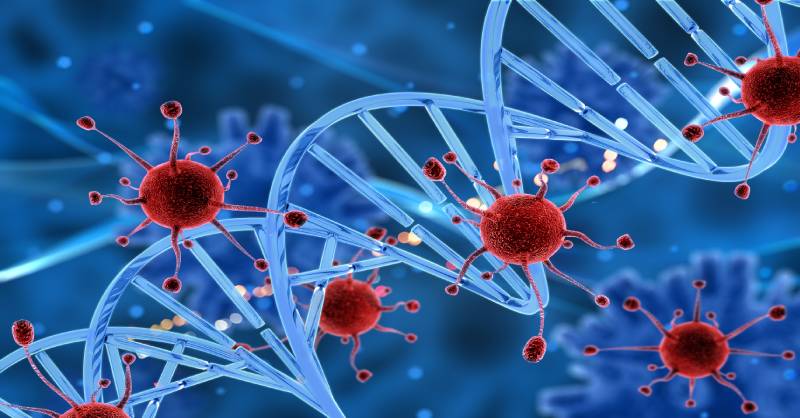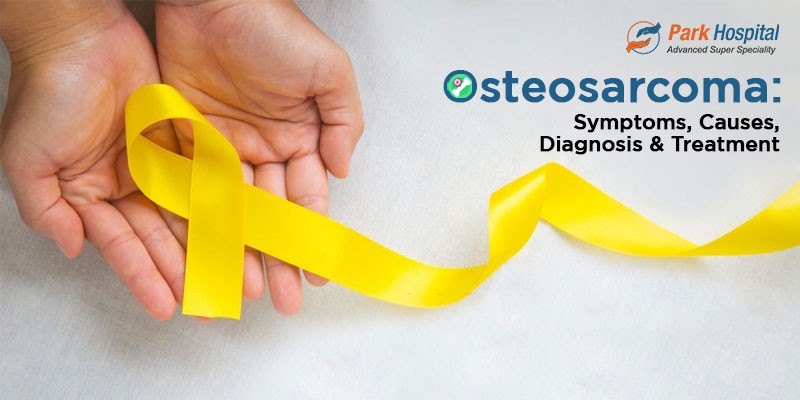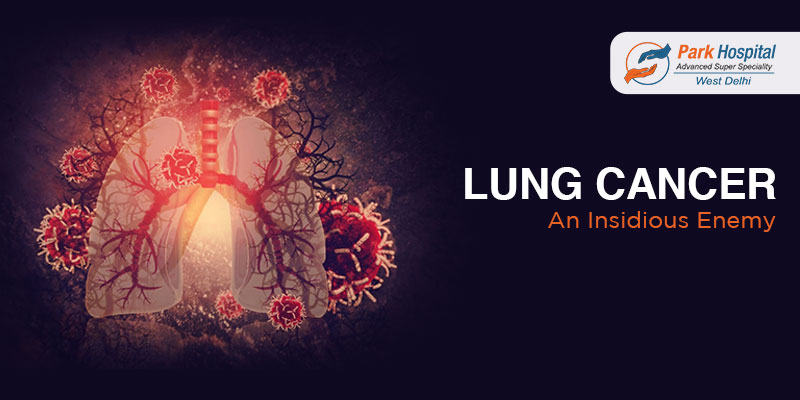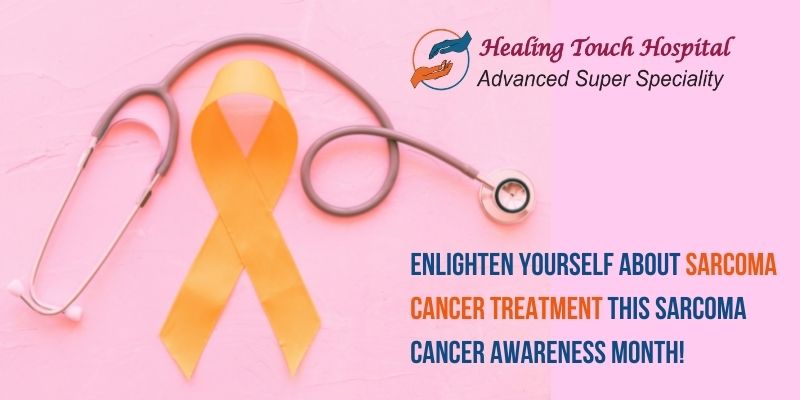When we talk about cancer, the same names often come up: breast, lung, prostate, bowel. They’re the ones people know, the types of cancer which gets most of the attention.
But cancer doesn’t stop here itself in the body. It can appear in places you might not think about at all. Some types are rarely spoken of, which makes them harder to recognise early. And the less we know, the easier it is to overlook symptoms.
So here are six cancers that don’t get much space in everyday conversation, but are worth being aware of.
Sarcoma
Sarcomas begin in connective tissues such as bone, muscle, or fat. Unlike many cancers that form in organs, these can grow quietly inside the body. A lump that feels harmless at first may gradually get bigger, yet without pain it is easy to ignore. With more than 70 types of sarcoma, diagnosis can be complicated. The important thing to remember is that any lump that stays or grows should be checked rather than dismissed.
Thymus Cancer
Hidden behind the breastbone is the thymus, a small gland linked to the immune system in childhood. Cancer here is rare, but when it develops, it may press on the windpipe or blood vessels, causing breathlessness or chest pain.
The cancer specialist in Faridabad at Park Hospital explains that since these symptoms overlap with common issues, thymus cancer may only be noticed on a scan done for another reason. It is a reminder that unusual chest discomfort should not be brushed aside.
Eye Cancer (Ocular Melanoma)
It might come as a surprise, but the eye can develop melanoma. Known as ocular melanoma, it begins in pigment cells inside the eye. Some people notice blurred vision or a dark spot on the iris, but often there are no early signs. Eye tests sometimes reveal it by chance. We usually think of skin cancer symptoms when melanoma is mentioned, yet the same type of cancer can grow in places far less expected.
Gallbladder Cancer
The gallbladder is a small organ under the liver that stores bile. Gallbladder cancer is uncommon, but when it occurs, it is often detected late. Symptoms like abdominal pain, nausea, or jaundice are vague and overlap with many digestive problems.
As per the trend noticed at the cancer treatment hospital, it appears more frequently in women and in regions such as northern India. People with gallstones or long-term gallbladder conditions should be especially aware.
Mesothelioma
Mesothelioma is linked to asbestos exposure and affects the lining of the lungs or abdomen. It may take decades after exposure for symptoms to appear, which makes early diagnosis challenging. Signs such as breathlessness or chest pain can look similar to blood cancer symptoms or lung infections, so they’re often mistaken for something else. Even though asbestos use has declined, those who worked in industries like shipbuilding or construction years ago are still at risk today.
Vulvar Cancer
Among cancers affecting women, this is one that gets little attention compared to cervical cancer. It develops on the outer part of the genital area and is more common in older women, though certain strains of HPV raise the risk at a younger age. Early signs may include itching, pain, or skin changes. Because these are easy to dismiss as irritation, diagnosis can be delayed. The more it is spoken about, the easier it becomes for women to recognise when something isn’t right.
Why Knowing About These Cancers Helps
Hearing about unfamiliar cancers isn’t meant to spread alarm. It’s about awareness. A persistent cough, an unexplained lump, or changes in the skin or eyes might not be serious, but they deserve attention. Just as public campaigns teach us to look out for breast cancer symptoms or skin cancer symptoms, knowing the less common signs broadens our understanding. It also makes sure people diagnosed with these rare cancers don’t feel as though they’re facing something invisible to the rest of the world.
Looking Beyond the Usual Names
Cancer is not limited to the familiar few. While conditions like prostate cancer or cervical cancer are often discussed, others such as sarcoma, thymus cancer, ocular melanoma, gallbladder cancer, mesothelioma, and vulvar cancer remain less visible. Knowing about them expands awareness and helps in noticing subtle signs earlier.
For anyone who wishes to understand these conditions better or seek expert guidance, centres like Park Hospital and the experts there including a cancer specialist, may bring together specialised knowledge, modern technology, and focused care across different cancer types. Staying informed and having access to the right expertise can make a real difference.
Also read: Top 10 Early Signs of Cancer You Shouldn’t Ignore
FAQs
1. Why is it important to know about uncommon cancers?
Because they’re often diagnosed late. Awareness helps people spot unusual symptoms earlier and seek the right care.
2. What early symptoms can signal lesser-known cancers?
Persistent pain, unexplained lumps, unusual bleeding, sudden weight changes, or skin changes that don’t heal should raise concern.
3. Who is at higher risk for developing these rare cancers?
Family history, genetic mutations, long-term exposure to certain chemicals, and weakened immunity can raise the risk.
4. What challenges do patients with rare cancers often face?
Delayed diagnosis, limited treatment options, and fewer specialists make management harder compared to common cancers.
Yes. Avoiding tobacco, moderating alcohol, staying active, eating a balanced diet, and regular screenings can reduce overall risk.

